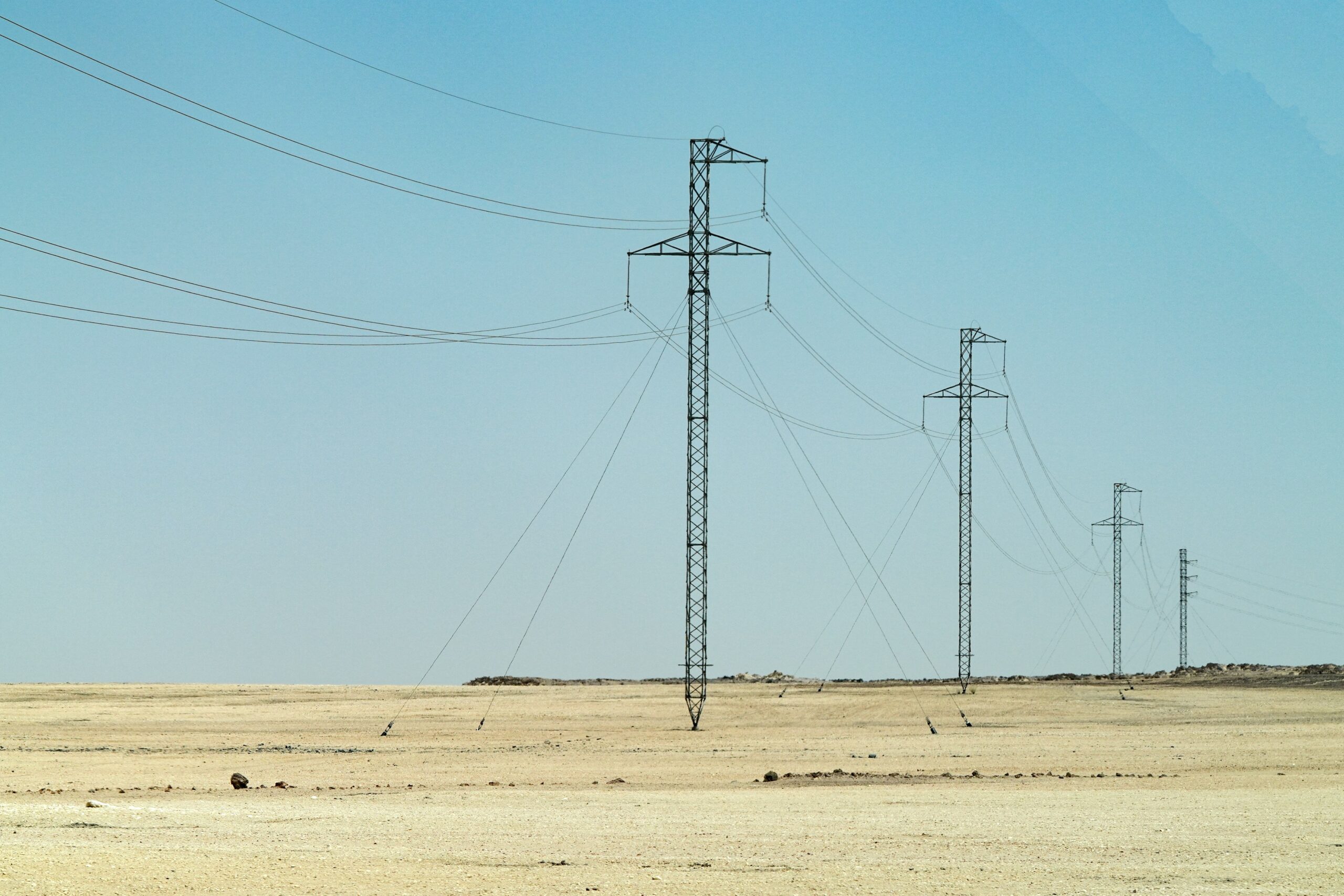The Trump administration’s recent pause on funding for Power Africa has sparked significant debate. Initially designed to facilitate investment aimed at expanding electricity access across sub-Saharan Africa, this initiative now faces scrutiny regarding its alignment with U.S. interests.
### Power Africa: More Than Just Foreign Aid
At a time when the administration is prioritizing national security and economic opportunities, it’s easy to dismiss investments in African energy infrastructure as a diversion of resources. However, such investments can strengthen U.S. supply chains and reduce Chinese market control while simultaneously opening lucrative avenues for American firms. By repositioning Power Africa not as foreign aid but as a tactical investment aligned with the administration’s energy dominance agenda, the U.S. can effectively engage with Africa’s burgeoning energy market.
### The Achievements of Power Africa
Launched in 2013, Power Africa has been instrumental in enhancing electricity access, aiming to double it in sub-Saharan Africa by capitalizing on U.S. aid to de-risk private investment. Over its decade of existence, Power Africa has unlocked over $80 billion in commitments, sparked by $7 billion in U.S. funding. This initiative has successfully added 14.3 gigawatts of electricity to Africa’s grid and fostered engagement with over 100 U.S. companies. Its achievements represent a significant step in increasing U.S. influence in Africa and countering China’s stronghold in the region through its Belt and Road Initiative.
### A Commitment to Africa’s Energy Needs
Despite Power Africa’s projects temporarily ceasing in February, U.S. Energy Secretary Chris Wright reaffirmed the administration’s commitment to Africa at the Powering Africa Summit in Washington, D.C. He emphasized the necessity for diverse energy sources—spanning oil, gas, and renewables. This commitment signals a willingness to prioritize mutually beneficial partnerships without imposing a “top-down grand plan.”
### The Intersection of U.S. Interests and African Energy Access
The agenda of Power Africa extends beyond mere energy access; it actively promotes U.S. business interests. Africa’s energy sector is rapidly growing, and during Power Africa’s tenure, U.S. firms engaged in deals worth over $26.4 billion in various energy sectors. By redesigning Power Africa, American firms could capitalize on opportunities to provide technologies, such as gas turbines and modular energy systems, contributing to both U.S. corporate interests and Africa’s energy landscape.
If the administration pulls back from Power Africa, American businesses may lose access to vital emerging markets in the region. This opens doors for competitors like China and Russia, who could easily fill the financial and infrastructural void left by the U.S., thereby enhancing their geopolitical influence.
### Enhancing Supply Chain Resilience through Collaboration
Strong U.S.-Africa relations have the potential to fortify supply chains, particularly in the mineral sector necessary for the global battery market. As industries attempt to reduce reliance on China for critical minerals, Africa’s resource-rich landscape emerges as a pivotal partner. Stable, affordable electricity is crucial for scaling mining operations; thus, U.S. investment in Africa’s energy infrastructure not only meets local demands but also supports broader U.S. economic strategies.
For instance, financing solar microgrids in resource-rich areas like the Democratic Republic of the Congo could boost productivity for mining operations, thereby enhancing U.S. supply chain resilience and ensuring access to critical materials.
### Countering China’s Growing Influence
China’s expanding footprint in Africa—characterized by significant investments in renewable energy and control over grid infrastructure—raises alarms about its geopolitical ambitions. Power Africa offers the U.S. an avenue to provide alternative partnerships that emphasize transparency and sustainable development. China’s extensive loans to Africa’s energy sector, particularly in fossil fuels, place it as a dominant player, making continued engagement through initiatives like Power Africa vital for the U.S. to maintain its foothold on the continent.
### Reenvisioning Power Africa for U.S. Energy Dominance
Wright’s reassessment of U.S. commitments to Africa aligns with broader goals of energy dominance. The National Energy Dominance Council aims to bolster the U.S. as a global leader not only in fossil fuels but also in securing critical minerals necessary for new technologies.
While some critics argue Power Africa has skewed towards renewables, its core mission has always been rooted in enhancing U.S. business viability. It’s essential to embrace a inclusive energy strategy, leveraging both fossil fuels and renewables to ensure comprehensive development.
Power Africa should be recognized not as a hindrance to U.S. interests but as a strategic enabler. The initiative aligns with the America First doctrine by reinforcing U.S. energy security, supporting domestic industries, and broadening American geopolitical influence. Failing to act on these opportunities risks ceding influence to other nations, particularly China.


